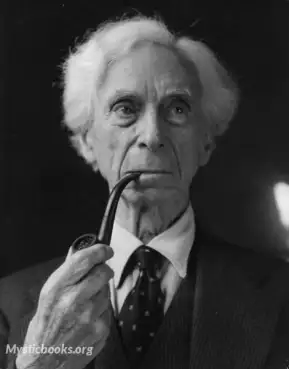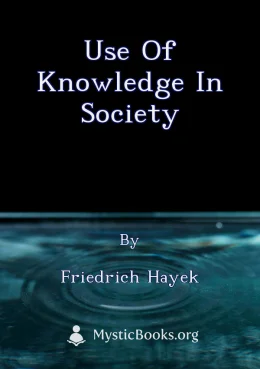
The Problems of Philosophy
'The Problems of Philosophy' Summary
Focusing on problems he believes will provoke positive and constructive discussion, Russell concentrates on knowledge rather than metaphysics: If it is uncertain that external objects exist, how can we then have knowledge of them but by probability. There is no reason to doubt the existence of external objects simply because of sense data.
Russell guides the reader through his famous 1910 distinction between knowledge by acquaintance and knowledge by description and introduces important theories of Plato, Aristotle, René Descartes, David Hume, John Locke, Immanuel Kant, Georg Wilhelm Friedrich Hegel and others to lay the foundation for philosophical inquiry by general readers and scholars alike.
In the following pages I have confined myself in the main to those problems of philosophy in regard to which I thought it possible to say something positive and constructive, since merely negative criticism seemed out of place. For this reason, theory of knowledge occupies a larger space than metaphysics in the present volume, and some topics much discussed by philosophers are treated very briefly, if at all.
— Bertrand Russell, Preface of The Problems of Philosophy
Book Details
Language
EnglishOriginal Language
EnglishPublished In
1912Authors

Bertrand Russell
England
Bertrand Arthur William Russell, 3rd Earl Russell was a British polymath, philosopher, logician, mathematician, historian, writer, social critic, political activist, and Nobel laureate. Throughout his...
Books by Bertrand RussellDownload eBooks
Listen/Download Audiobook
Related books

Rubáiyát of Omar Khayyám (Fitzgerald 5th edition) by Omar Khayyam
The Rubáiyát of Omar Khayyám is a collection of quatrains, a specific type of two-line stanza, originally written in Persian by the 11th-century polym...

Essays in Experimental Logic by John Dewey
In "Essays in Experimental Logic," John Dewey presents a foundational work that challenges traditional philosophical approaches to logic. He argues fo...

Complete Works of Friedrich Nietzsche: Volume 3 by Friedrich Nietzsche
This volume of Nietzsche's collected works delves into themes of classical thought, education, and cultural critique. It features a series of essays a...

悦ばしき知識 (Yorokobashiki Chishiki) by Friedrich Nietzsche
“悦ばしき知識 (Yorokobashiki Chishiki)” is a collection of Nietzsche’s writings from the 1880s, known for its wide-ranging discussions on topics inclu...

Use of Knowledge in Society by Friedrich Hayek
In "Use of Knowledge in Society," Friedrich Hayek argues against the feasibility and efficiency of a centrally planned economy. He emphasizes the inhe...

Eutifrón by Plato (Πλάτων)
El diálogo de Platón, *Eutifrón*, explora la naturaleza de la piedad a través de una conversación entre Sócrates y Eutifrón. Eutifrón intenta justific...

Faust: Der Tragödie erster Teil by Johann Wolfgang von Goethe
Der erste Teil der Tragödie Faust, erstmals erschienen 1808, gilt als das bedeutendste und meistzitierte Werk der deutschen Literatur. Die Handlung sp...

Long I Thought that Knowledge by Walt Whitman
''Long I Thought That Knowledge'' is a poem by Walt Whitman, originally published in his iconic collection *Leaves of Grass*. It explores themes of kn...

Thoughts on Art and Life by Leonardo da Vinci
This compilation, translated by Maurice Baring and edited by Lewis Einstein, offers a glimpse into the multifaceted mind of Leonardo da Vinci. It pre...

The Art of War by Sun Tzu 孙武
The Art of War presents a philosophy of war for managing conflicts and winning battles. It is accepted as a masterpiece on strategy and is frequently...
Reviews for The Problems of Philosophy
No reviews posted or approved, yet...